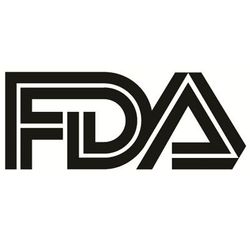Beyond the Event: Optimizing PCSK9-Targeting Therapies in Secondary ASCVD Prevention - Episode 4
Understanding PCSK9 and Its Role in ASCVD Management
Explore the mechanisms and differences between PCSK9 inhibitors, including monoclonal antibodies and siRNA, in lowering LDL cholesterol effectively.
The panelists explore the biology and clinical relevance of PCSK9 in atherosclerotic cardiovascular disease (ASCVD) management. They explain that PCSK9 binds to LDL receptors, targeting them for degradation, which reduces hepatic clearance of LDL cholesterol and raises circulating levels. Beyond lipid metabolism, PCSK9 has pro-inflammatory effects, contributing to plaque formation and atherosclerosis progression, making it a compelling therapeutic target. The experts then distinguish between monoclonal antibody therapies, which neutralize PCSK9 in the circulation, and small interfering RNA (siRNA) therapies, which inhibit hepatic PCSK9 synthesis at the mRNA level. Both approaches achieve substantial LDL-C reduction, but siRNA-based treatments offer longer dosing intervals—typically twice yearly—potentially improving adherence and long-term outcomes. The panel underscores that PCSK9 inhibition represents a major advance in lipid management, complementing statins and other agents to achieve deeper, sustained LDL-C lowering and to address residual cardiovascular risk in high-risk ASCVD populations.



